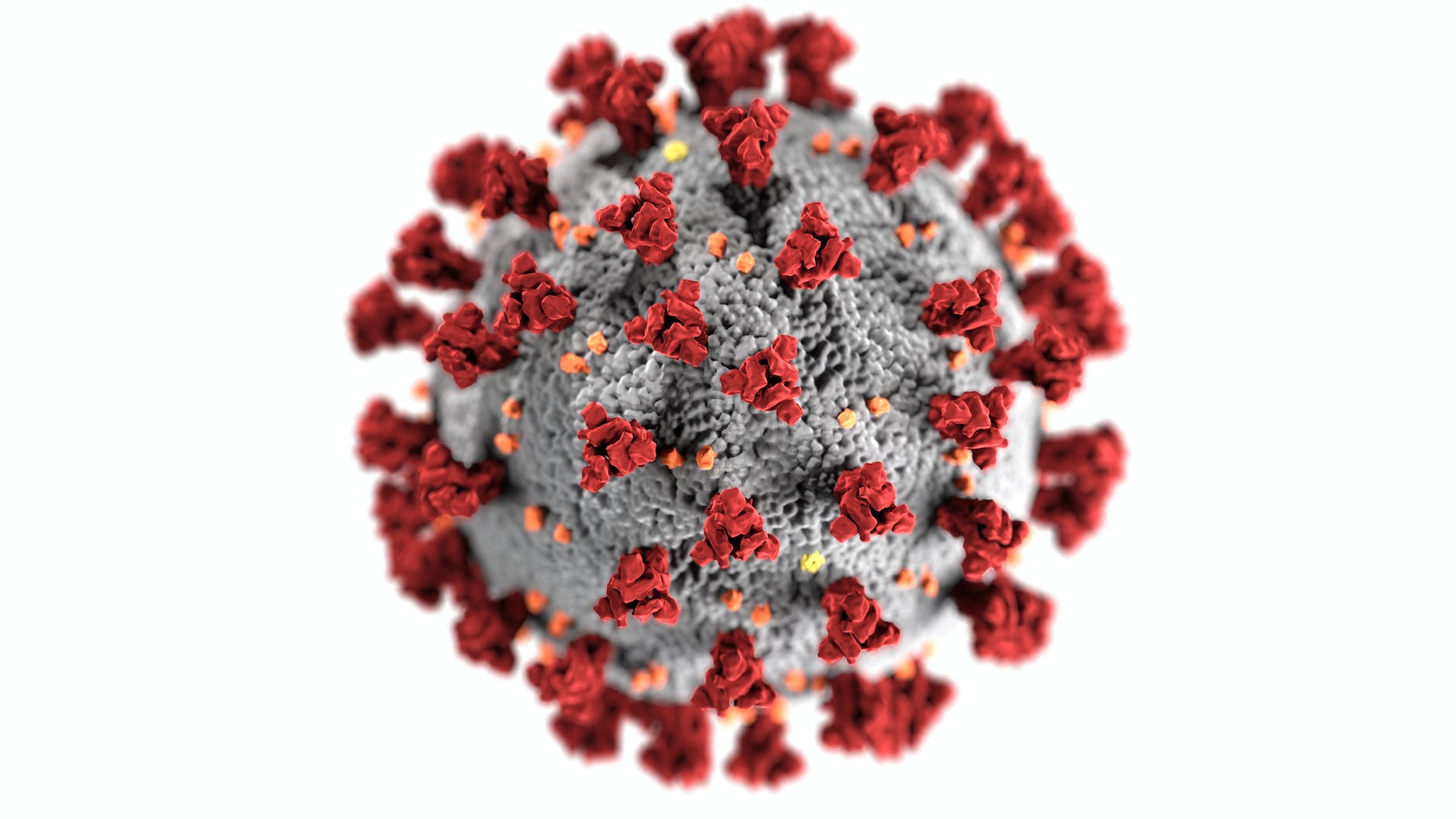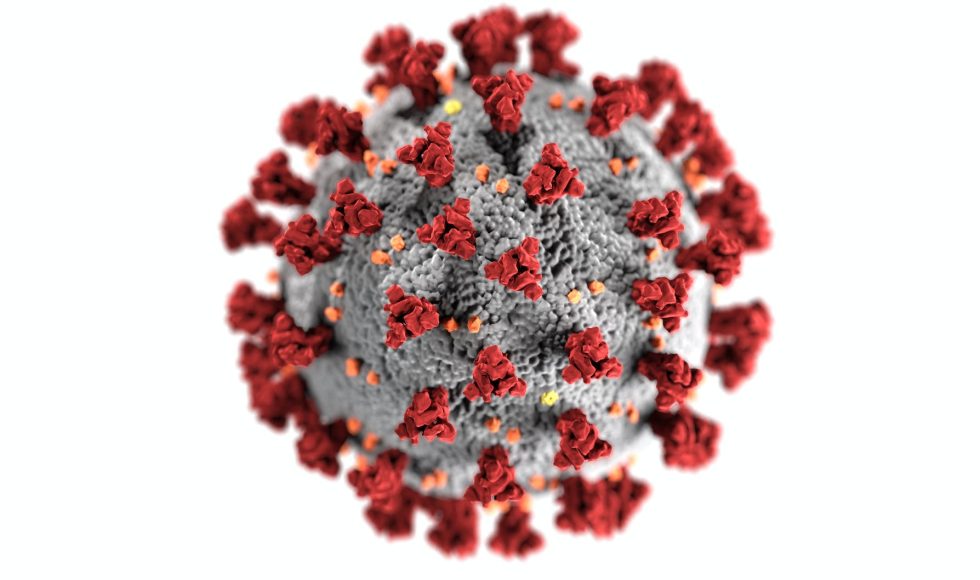Alejandro Gener from the Association of Public Health Laboratories & Los Angeles County Public Health Laboratories, presented at London Calling 2022. Gener presented on “Assembly deconvolution resolves SARS-CoV-2 haplotypes in Delta-Omicron co-infections.” They described that between December 2021 and January 2022 Delta and Omicron strains of SARS-CoV-2 were circulating. Public health labs had to rule out co-infections and deconvolute sequencing results. Gener explained how they approached this challenge. They had three patient cases they used for the presentation. They use the Clear Labs with ONT or Illumina depending on Ct values and tiling amplicon approaches. Priority samples are sequenced in technical duplicates, and Gener explained that inconclusive results are re-extracted and sequenced on Illumina. Gener identified positions in the Delta and Omicron strains that could allow discrimination. They then developed an assembly deconvolution workflow to separate potentially admix samples. For the three patients, they were able to bioinformatically “call” the sequences as Delta-Omicron co-infections and confirmed after sample re-extraction and re-sequencing with Illumina. The assembly deconvolution was able to recover separate reads and assemble the genomes from the samples. They also noted that current assembly repositories such as GenBank and GISAID do not consider super/coinfections making studying these phenomena difficult. Gener noted that assembly deconvolution approaches will provide new insights into admix samples. Their method is open-source and will be helpful to public health labs. I also appreciate how Gener emphasized the importance of orthogonal approaches including confirmation by re-extraction/re-sequencing.



